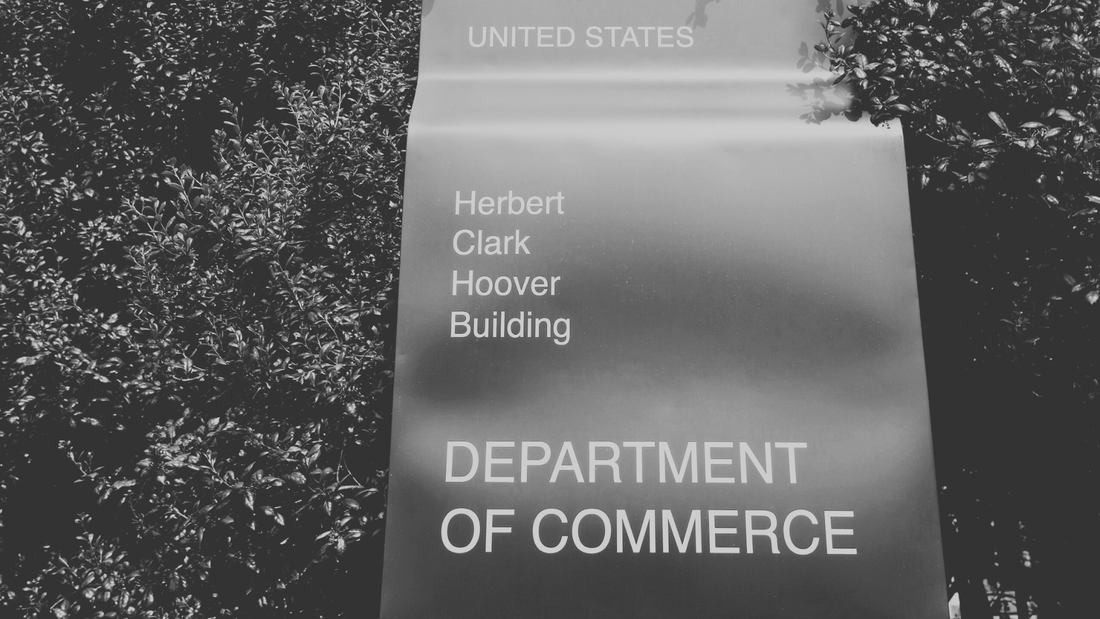|
Never let a moral panic go to waste. A legitimate concern – the likely exposure of 150 million Americans’ data from TikTok to the People’s Republic of China – somehow morphed into the Restrict Act, which never mentions TikTok.
Supported across the ideological spectrum by Sens. Mark Warner, Joe Manchin, Mitt Romney, and Shelley Moore Capito, the Restrict Act would transform a rather innocuous figure, the Secretary of Commerce, into an American Cardinal Richelieu. The bill would empower the Secretary of Commerce “to review and prohibit certain transactions between persons in the United States and foreign adversaries” regarding virtually all hardware and software communications technology, as well as data storage, machine learning, predictive analytics, and data science providers. The bill also covers software for desktops, mobile applications, gaming, payment, and web-based applications. The bill labels the People’s Republic of China, as well as Cuba, Iran, Russia, North Korea, and Venezuela as foreign adversaries, which they certainly are. But it would grant the Secretary the power to consult with the Director of National Intelligence to name any country’s technology as a national security threat. In addition, under the bill the Secretary would have the power to ban “entities” held by hostile foreign labor unions, equity investors, partnerships or of “any participation […] and of any character.” It covers just about every aspect of technology and e-commerce with a potentially foreign connection. The Secretary of Commerce, usually known for cutting ribbons and handing out awards, would acquire duties commonly associated with the CIA’s Clandestine Service. Commerce Secretary Gina Raimondo would be empowered to “identify, deter, disrupt, prevent, prohibit, investigate, or otherwise mitigate” not just the “information and communications technology products” listed above, but also anything that could be construed to involve “Federal elections” and “national security.” The bill also targets “the digital economy,” presumably meaning the Secretary of Commerce could, with the stroke of a pen and no further debate in Congress, deter, disrupt, or prevent Bitcoin and other cryptocurrencies. Americans who violate these restrictions would face up to $1 million in fines and 20 years in prison. And violate what, exactly? This bill is as vague as it is repressive. As Elizabeth Nolan Brown of Reason notes, the Restrict Act could easily be interpreted as criminalizing virtual private networks, which enable Americans’ privacy. Thus, teenagers who use VPNs to watch burping contests on TikTok could face a $1 million fine and 20 years in prison. “We’ve seen many times the way federal laws are sold as attacks on big baddies like terrorists and drug kingpins yet wind up used to attack people engaged in much more minor activities,” Brown wrote. Or, as Cardinal Richelieu said, “If you give me six lines written by the hand of the most honest of men, I will find something in them which will hang him.” As extreme as it is, it would be a mistake to discount the Restrict Act. The White House is strongly backing it. On Capitol Hill, this legislation has momentum, surfing on the cresting wave of indignation after the poorly received testimony of TikTok’s CEO. And if it falls short, it reveals a deep state hunger for power that will surely find expression in smaller, more passable bills. Which raises the question: If we reject the Restrict Act, what should be done about TikTok? As civil libertarians, we find ourselves at a point of agony concerning the proposed banning of TikTok’s social media platform in the United States. We don’t like government having the power to pull down a vibrant ecosystem of speech, one with many minority viewpoints, and on which small businesses and influencers depend. Yet TikTok’s promise to quarantine Americans’ data from ByteDance, its Chinese owner, is risible. ByteDance must comply with a Chinese law that mandates sharing data with Chinese intelligence. As we’ve pointed out, TikTok has repeatedly violated its own standards – most recently by allegedly surveilling American journalists in a likely attempt to catch dissidents or whistleblowers. Nor would “Project Texas” – TikTok’s proposal to house American data, most likely with Oracle in Austin – be a foolproof way to quarantine Americans’ data from China. Vigilance about government surveillance must include all governments. As overbearing as Washington can be, nothing compares to the malevolence of the Chinese Communist Party toward the United States and the American people. For that reason, it makes sense to ban TikTok or force a sale under current sanctions law or a narrowly targeted bill. But the Restrict Act gives overreaction a bad name. It would be a rich irony if Congress protected Americans from the importation of Chinese surveillance by turning the Department of Commerce into the technology police, enforcing vague laws with sweeping investigatory power. The Restrict Act is a blueprint for tyranny. Comments are closed.
|
Categories
All
|


 RSS Feed
RSS Feed